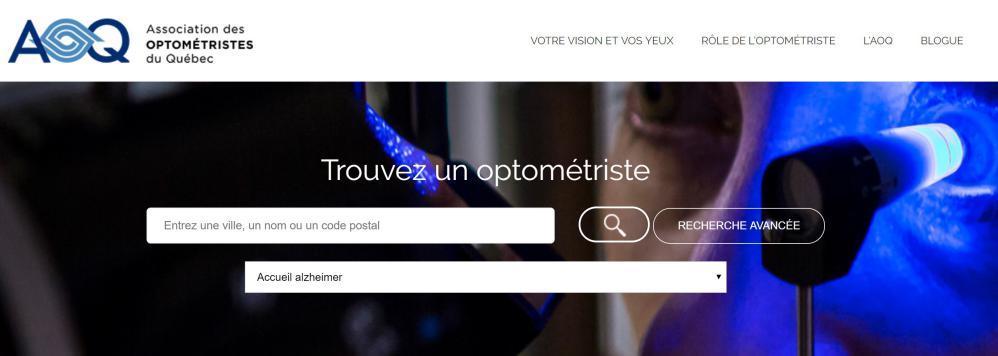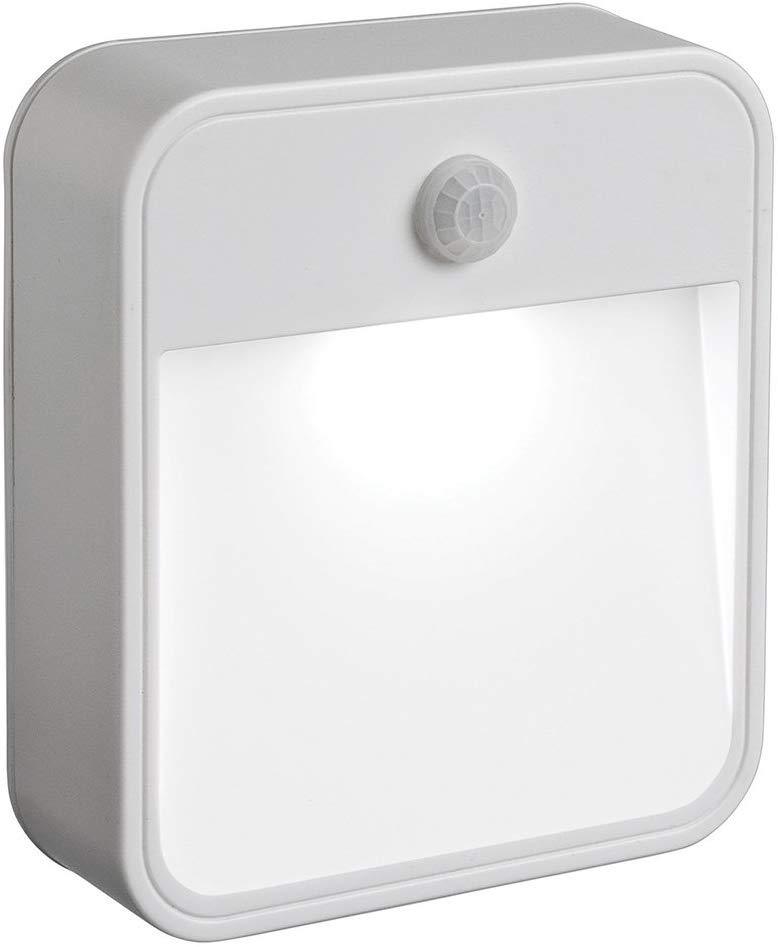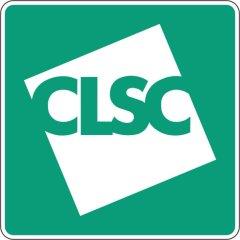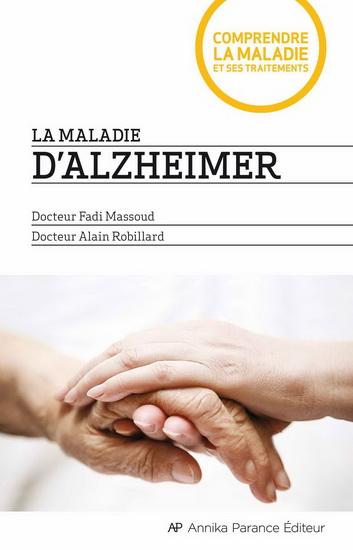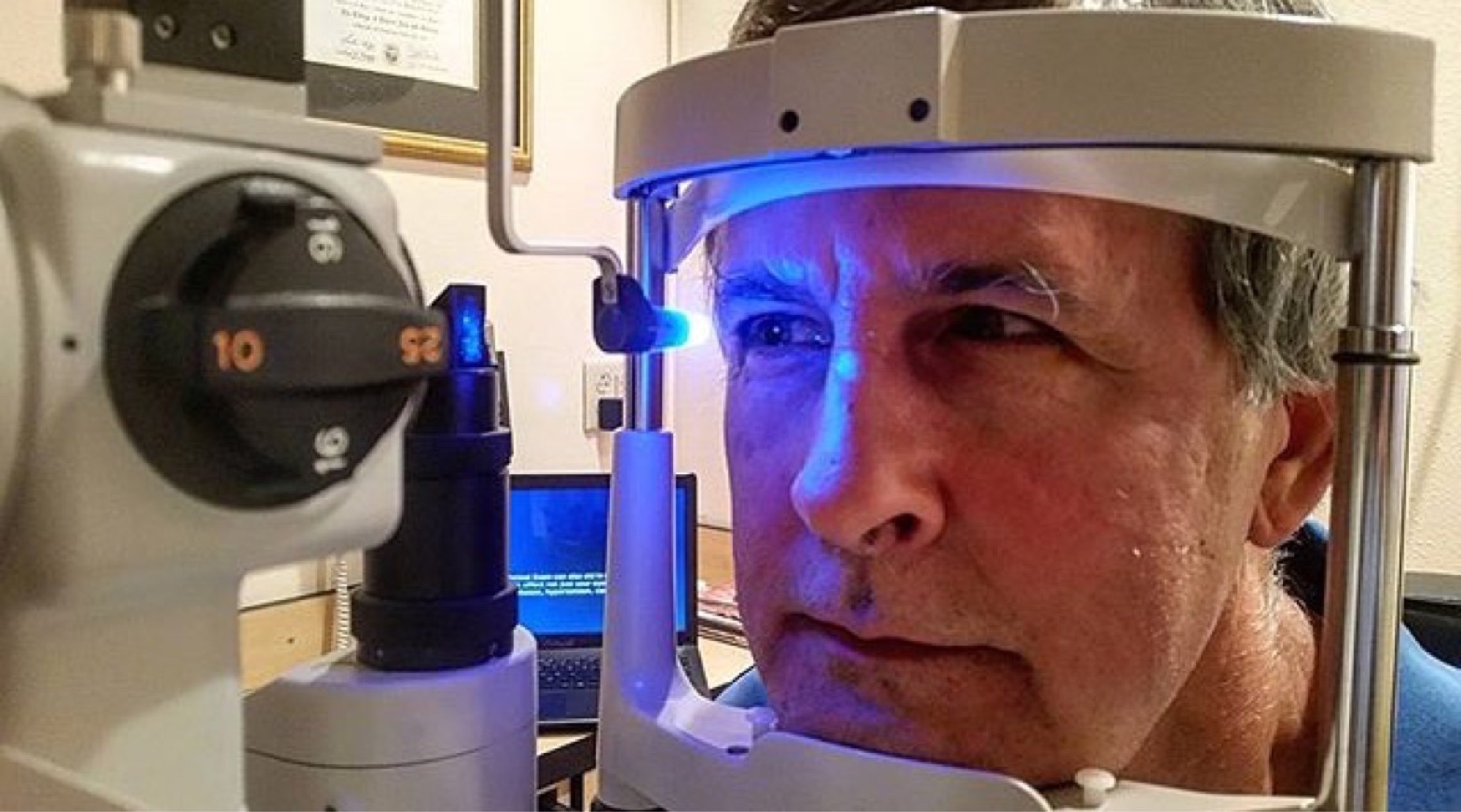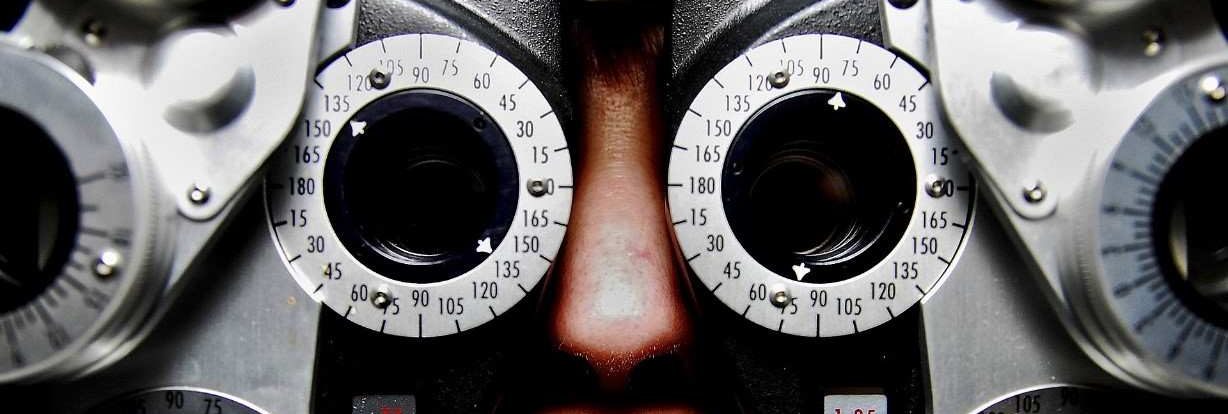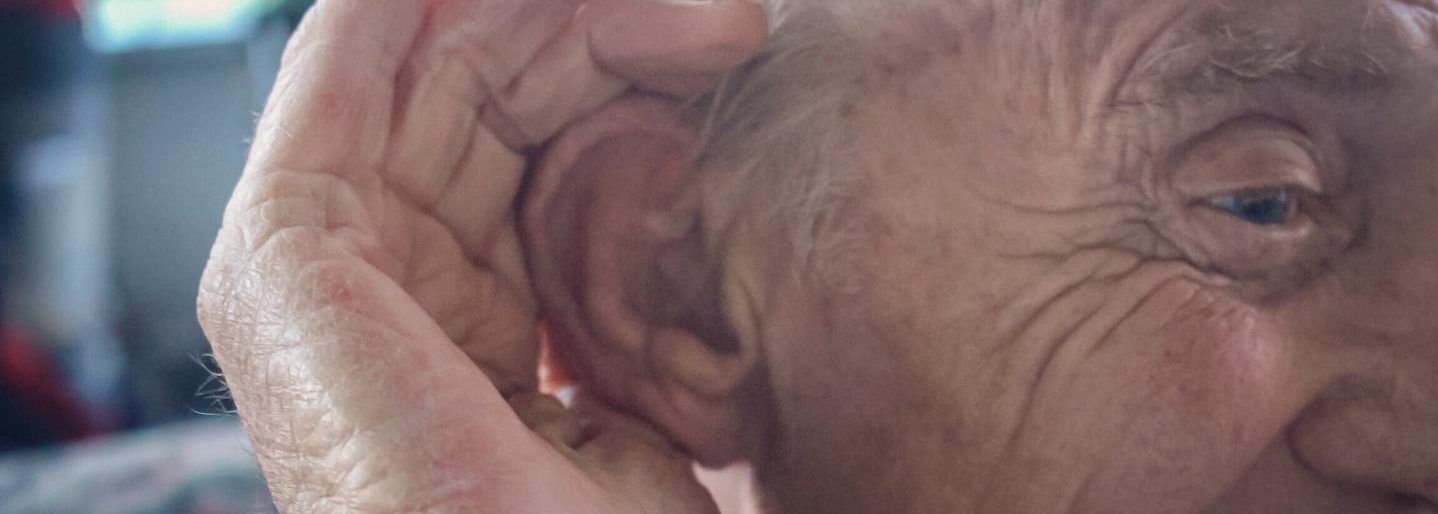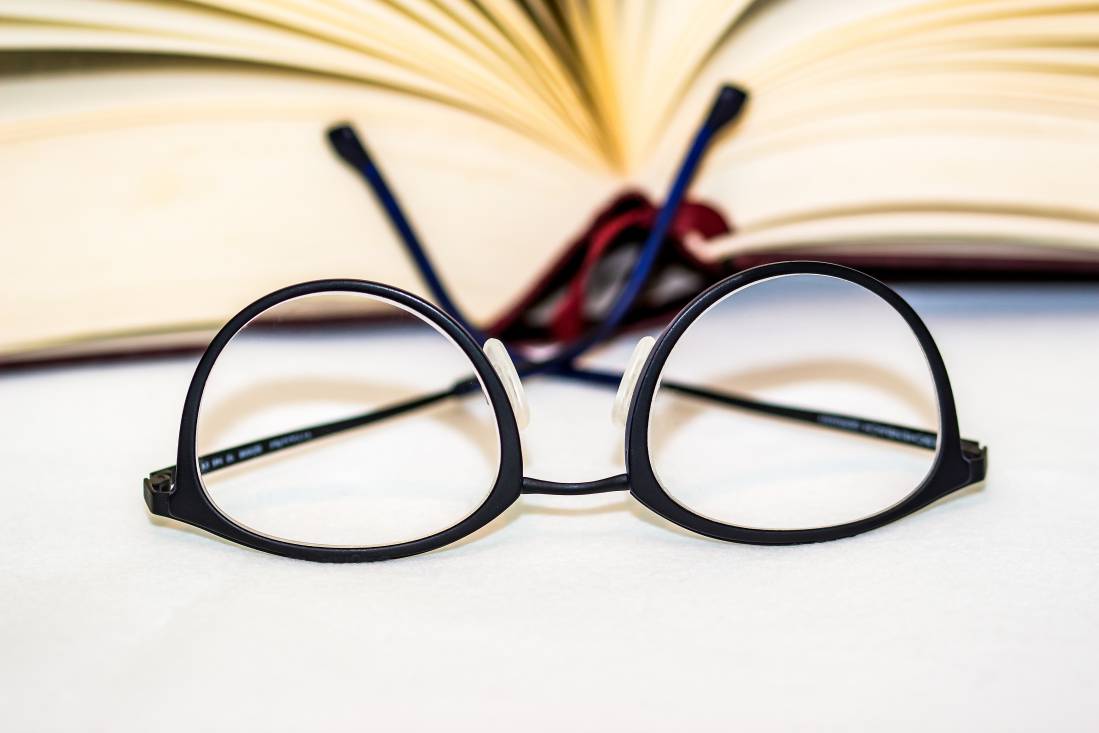
How Are Eye Exams Done for People with Alzheimer’s or Dementia?
Eyesight, Alzheimer, and cognitive impairment
Having good eyesight is crucial for our daily activities, safety, and quality of life. For people with Alzheimer’s, ensuring good eyesight is even more critical to support remaining brain functions. Improving vision helps with orientation, reduces confusion, delirium, and falls.
We’ve all been to the optometrist for eye exams and to adjust our glasses or contact lenses. But how are these exams done in people who cannot communicate well anymore, for example those with advanced cognitive impairment?
An objective assessment
Many tools are available to optometrists to assess and improve eyesight even if someone cannot communicate. Optometrists have seen it all! Just like they can do with very young children, optometrists can use objective measures to adjust corrective lenses. These measures do not depend on a person’s subjective perceptions (for example, recognizing the letters that are displayed in front of them). It is then possible to determine whether everything is in focus without having to ask. Think about how our cameras are able to focus on objects without our intervention.
Eye exams typically take about 30 minutes to complete. Even if a person has Alzheimer’s or another form of dementia, the exam will not necessarily be longer: 30 minutes will usually be enough. Do take action: good eyesight is absolutely critical to maximize independence.
To learn more
- To know more about the importance of annual eye exams for older adults, read:
Take action
If you live in Quebec, the Association des optométristes du Québec has a search tool on their website to identify optometrists that can assess people with cognitive impairment. Go to the section Trouvez un optométriste, click on Recherche avancée and choose « Accueil alzheimer ». Here’s the link (in French): https://www.aoqnet.qc.ca/trouvez-un-optometriste/
